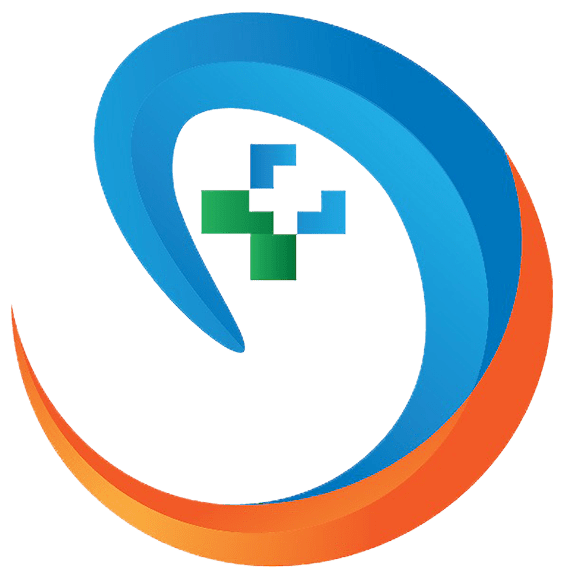
Cardiology
Cardiology is the branch of medicine that focuses on the diagnosis and treatment of disorders related to the heart and cardiovascular system. This system includes the heart, blood vessels, and other related structures.
Cardiologists are medical doctors who specialize in diagnosing and treating a wide range of heart and cardiovascular conditions, such as coronary artery disease, heart failure, arrhythmias, heart valve disease, and congenital heart defects. They use a variety of diagnostic tools and tests, such as electrocardiograms (ECGs), echocardiograms, and cardiac catheterization, to evaluate and diagnose these conditions.
Cardiologists may also use non-invasive and invasive treatments to manage heart and cardiovascular conditions. Non-invasive treatments may include lifestyle modifications, medications, and cardiac rehabilitation. Invasive treatments may include procedures such as angioplasty, stenting, and heart surgery.
Cardiology is a broad field that includes several sub-specialties, such as interventional cardiology, electrophysiology, nuclear cardiology, and echocardiography. Cardiologists work closely with other healthcare professionals, such as cardiac surgeons, cardiac nurses, and rehabilitation specialists, to provide comprehensive care for their patients.
Cardiology is a rapidly evolving field with ongoing research into new diagnostic and treatment approaches. Cardiologists also focus on preventing heart disease by promoting healthy lifestyle habits and managing risk factors such as high blood pressure, high cholesterol, and diabetes.




